|
ANDROID
APPSTORE DOWNLOADS
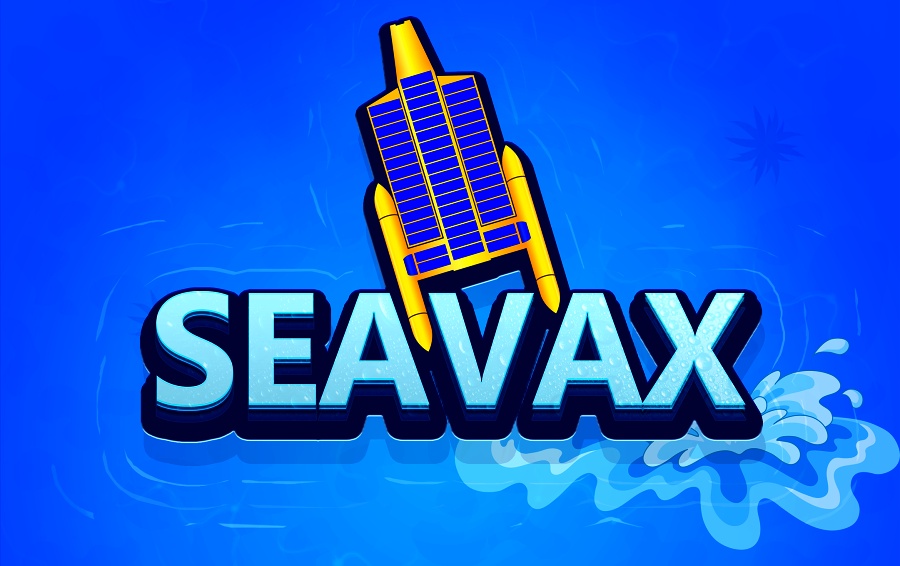
ABOUT -
CONTACTS - FOUNDATION -
HOME - A-Z INDEX
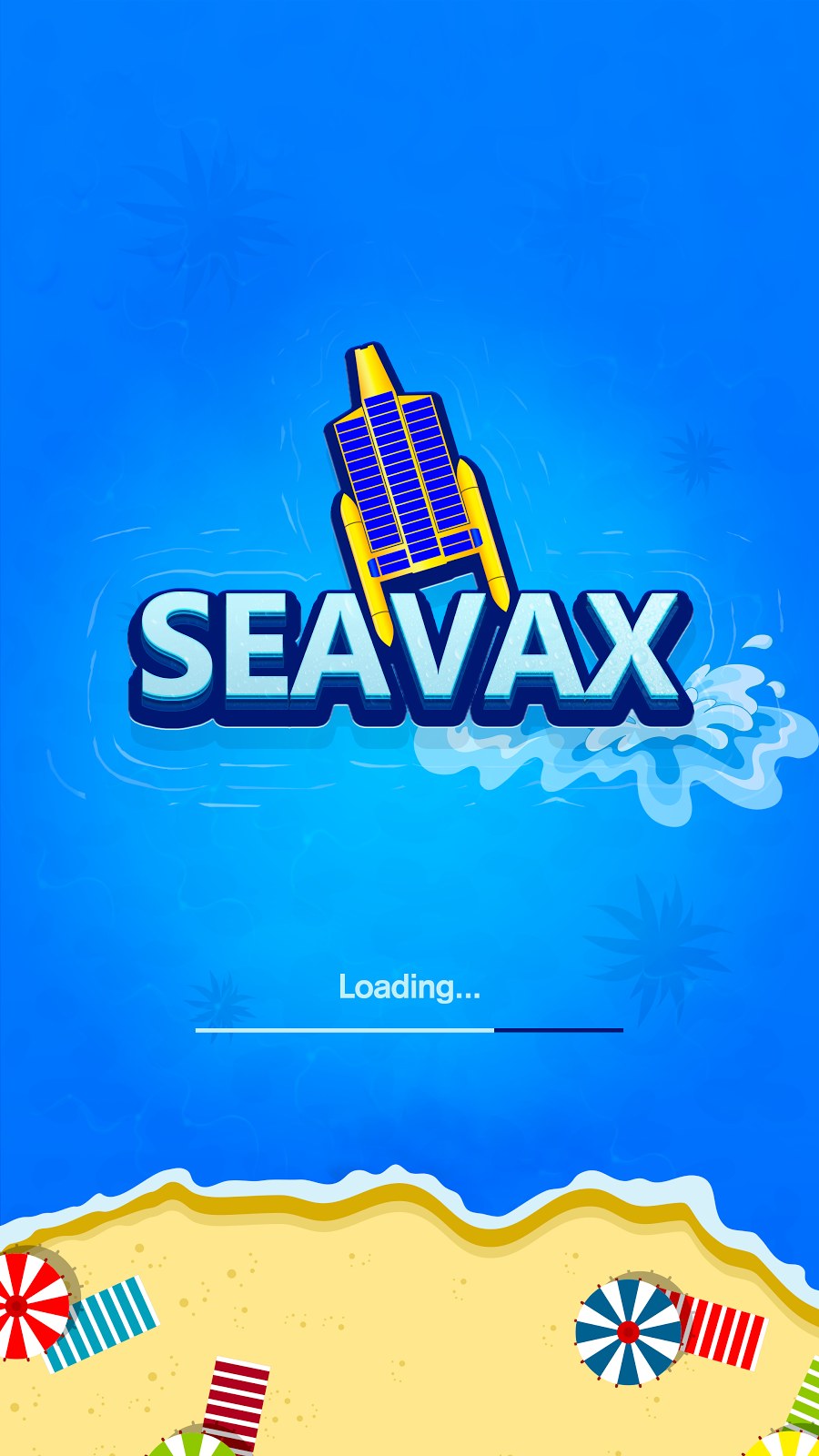
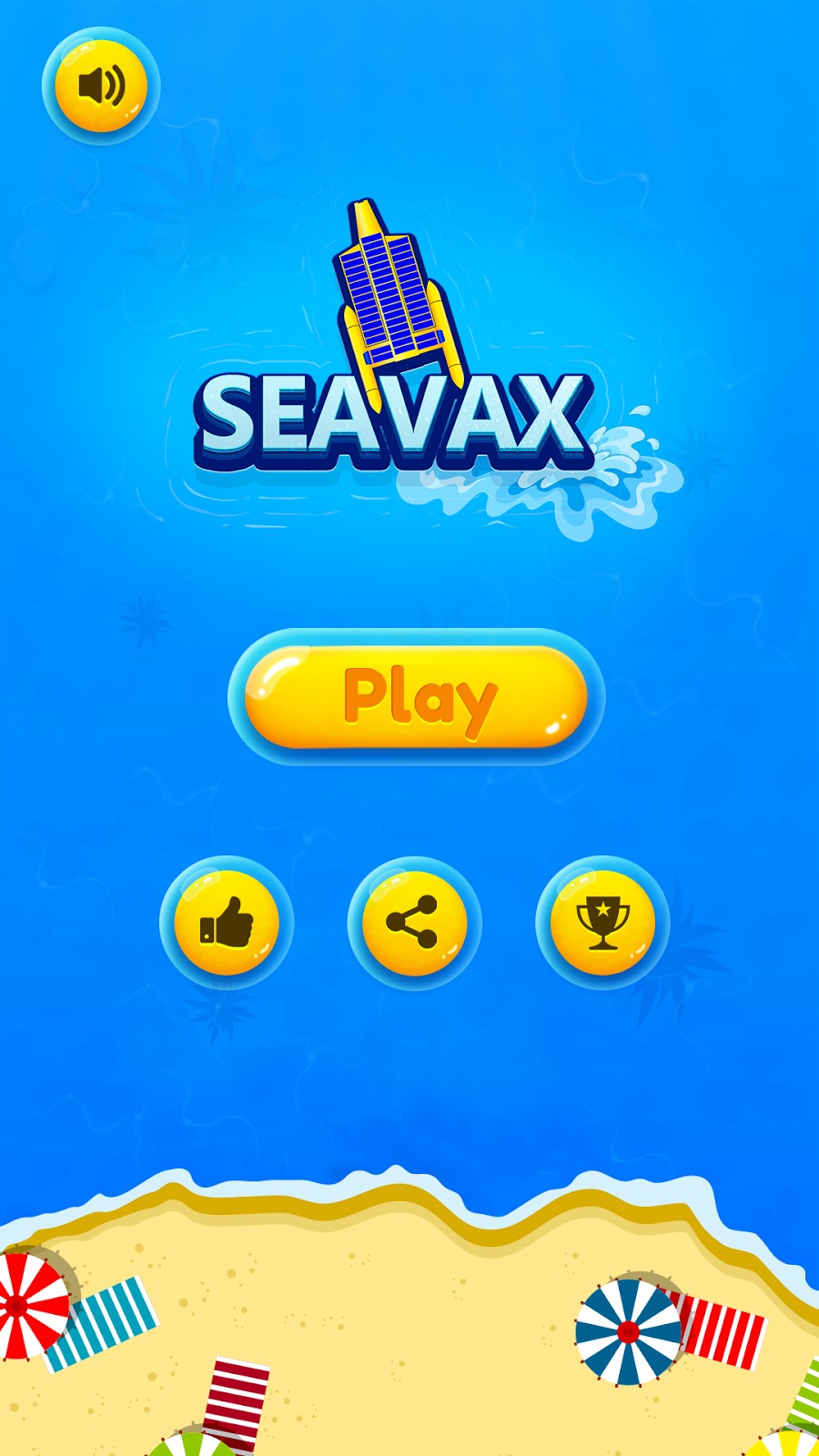
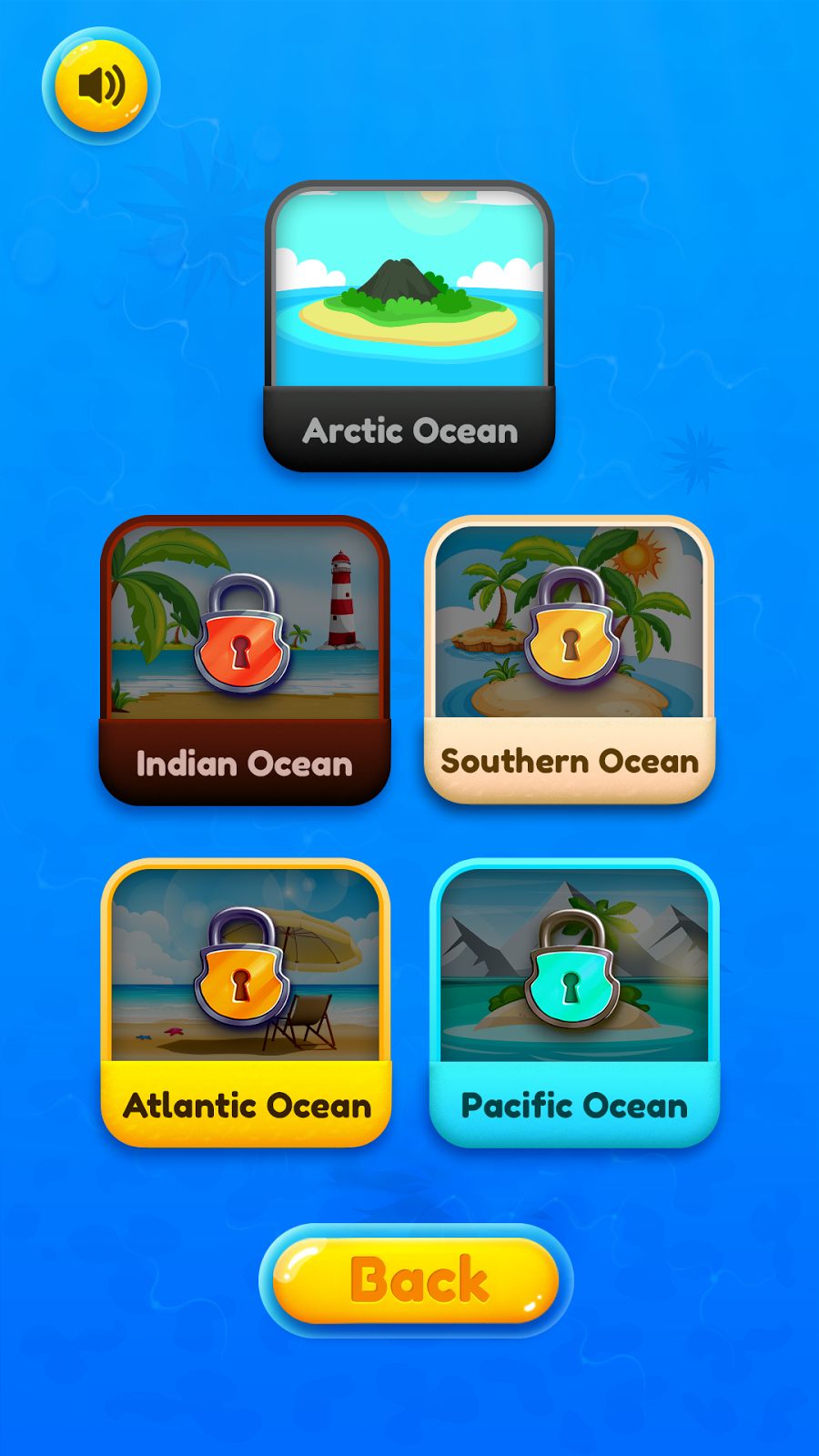
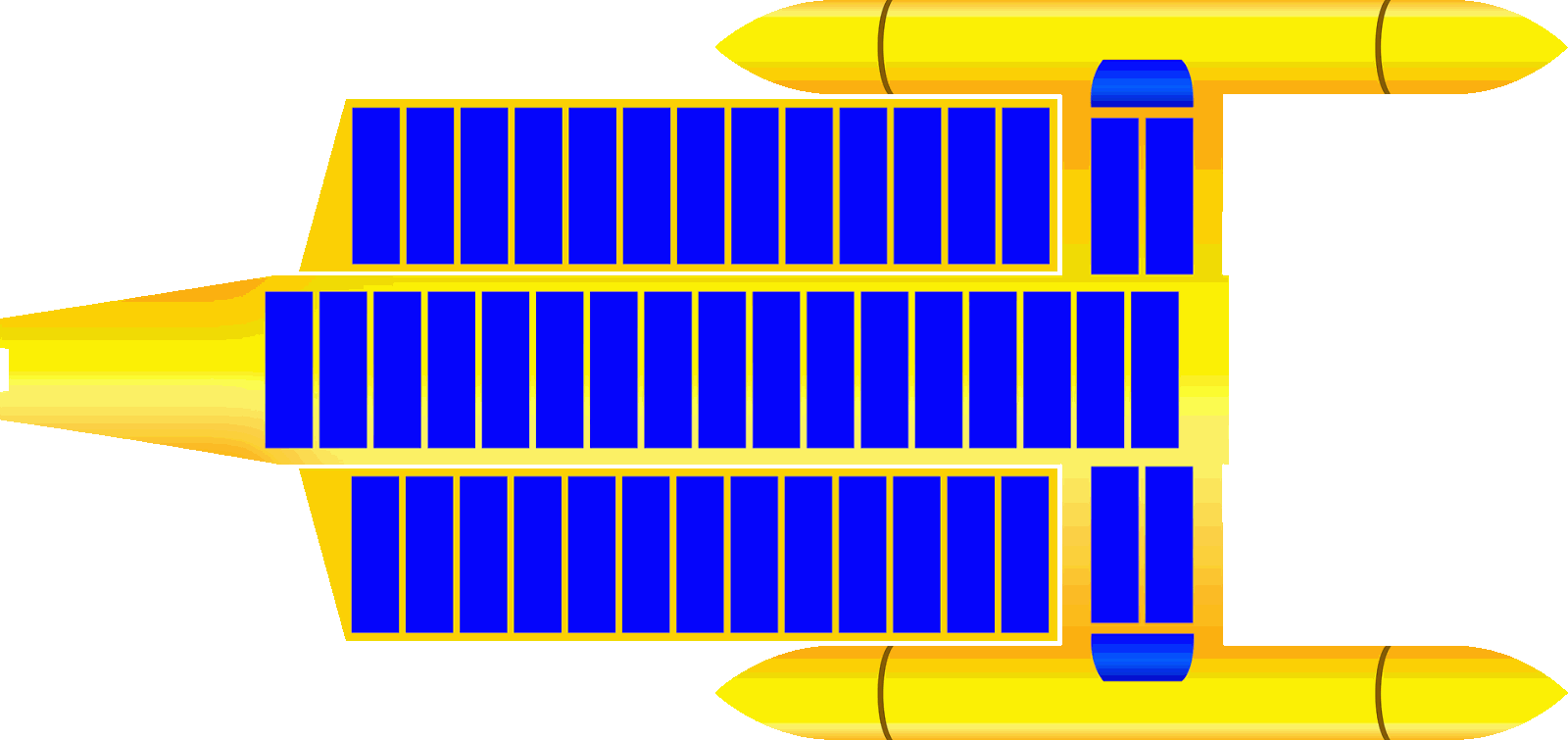


ANDROID
Android is a mobile operating system developed by Google, based on the Linux kernel and designed primarily for touchscreen mobile devices such as
smartphones and tablets. Android's user interface is mainly based on direct manipulation, using touch gestures that loosely correspond to real-world actions, such as swiping, tapping and pinching, to manipulate on-screen objects, along with a virtual keyboard for text input. In addition to touchscreen devices, Google has further developed Android TV for televisions, Android Auto for cars, and Android Wear for wrist watches, each with a specialized user interface. Variants of Android are also used on game consoles, digital cameras, PCs and other
electronics.
Initially developed by Android Inc., which Google bought in 2005, Android was unveiled in 2007, along with the founding of the Open Handset Alliance – a consortium of hardware, software, and telecommunication companies devoted to advancing open standards for mobile devices. Beginning with the first commercial Android device in September 2008, the operating system has gone through multiple major releases, with the current version being 8.0 "Oreo", released in August 2017. Android applications ("apps") can be downloaded from the
Google Play store, which features over 2.7 million apps as of February 2017. Android has been the best-selling OS on tablets since 2013, and runs on the vast
majority of smartphones. As of May 2017, Android has two billion monthly active users, and it has the largest installed base of any operating system.
Android's source code is released by Google under an open source license, although most Android devices ultimately ship with a combination of free and open source and proprietary software, including proprietary software required for accessing Google services. Android is popular with technology companies that require a ready-made, low-cost and customizable operating system for high-tech devices. Its open nature has encouraged a large community of developers and enthusiasts to use the open-source code as a foundation for community-driven projects, which deliver updates to older devices, add new features for advanced users or bring Android to devices originally shipped with other operating systems. The extensive variation of hardware in Android devices causes significant delays for software upgrades, with new versions of the operating system and security patches typically taking months before reaching consumers, or sometimes not at all. The success of Android has made it a target for patent and copyright litigation between technology companies.
ANDROID
HARDWARE
The main hardware platform for Android is the
ARM (ARMv7 and ARMv8-A architectures), with x86, MIPS and MIPS64, and x86-64 architectures also officially supported in later versions of Android. The unofficial Android-x86 project provided support for the x86 architectures ahead of the official support. MIPS architecture was also supported before Google did. Since 2012, Android devices with Intel processors began to appear, including phones and tablets. While gaining support for 64-bit platforms, Android was first made to run on 64-bit x86 and then on ARM64. Since Android 5.0 "Lollipop", 64-bit variants of all platforms are supported in addition to the 32-bit variants.
Requirements for the minimum amount of RAM for devices running Android 7.1 range from in practice 2 GB for best hardware, down to 1 GB for the most common screen, to absolute minimum 512 MB for lowest spec 32-bit smartphone. The recommendation for Android 4.4 is to have at least 512 MB of RAM, while for "low RAM" devices 340 MB is the required minimum amount that does not include memory dedicated to various hardware components such as the baseband processor. Android 4.4 requires a 32-bit ARMv7, MIPS or x86 architecture processor (latter two through unofficial ports), together with an OpenGL ES 2.0 compatible graphics processing unit (GPU). Android supports OpenGL ES 1.1, 2.0, 3.0, 3.1 and as of latest major version, 3.2 and Vulkan. Some applications may explicitly require a certain version of the OpenGL ES, and suitable GPU hardware is required to run such applications.
Android devices incorporate many optional hardware components, including still or video cameras, GPS, orientation sensors, dedicated gaming controls, accelerometers, gyroscopes, barometers, magnetometers, proximity sensors, pressure sensors, thermometers, and touchscreens. Some hardware components are not required, but became standard in certain classes of devices, such as smartphones, and additional requirements apply if they are present. Some other hardware was initially required, but those requirements have been relaxed or eliminated altogether. For example, as Android was developed initially as a phone OS, hardware such as microphones were required, while over time the phone function became optional. Android used to require an autofocus camera, which was relaxed to a fixed-focus camera if present at all, since the camera was dropped as a requirement entirely when Android started to be used on set-top boxes.
In addition to running on smartphones and tablets, several vendors run Android natively on regular PC hardware with a keyboard and mouse. In addition to their availability on commercially available hardware, similar PC hardware-friendly versions of Android are freely available from the Android-x86 project, including customized Android 4.4. Using the Android emulator that is part of the Android SDK, or third-party emulators, Android can also run non-natively on x86 architectures. Chinese companies are building a PC and mobile operating system, based on Android, to "compete directly with Microsoft Windows and Google Android". The
Chinese Academy of Engineering noted that "more than a dozen" companies were customising Android following a Chinese ban on the use of Windows 8 on government PCs.
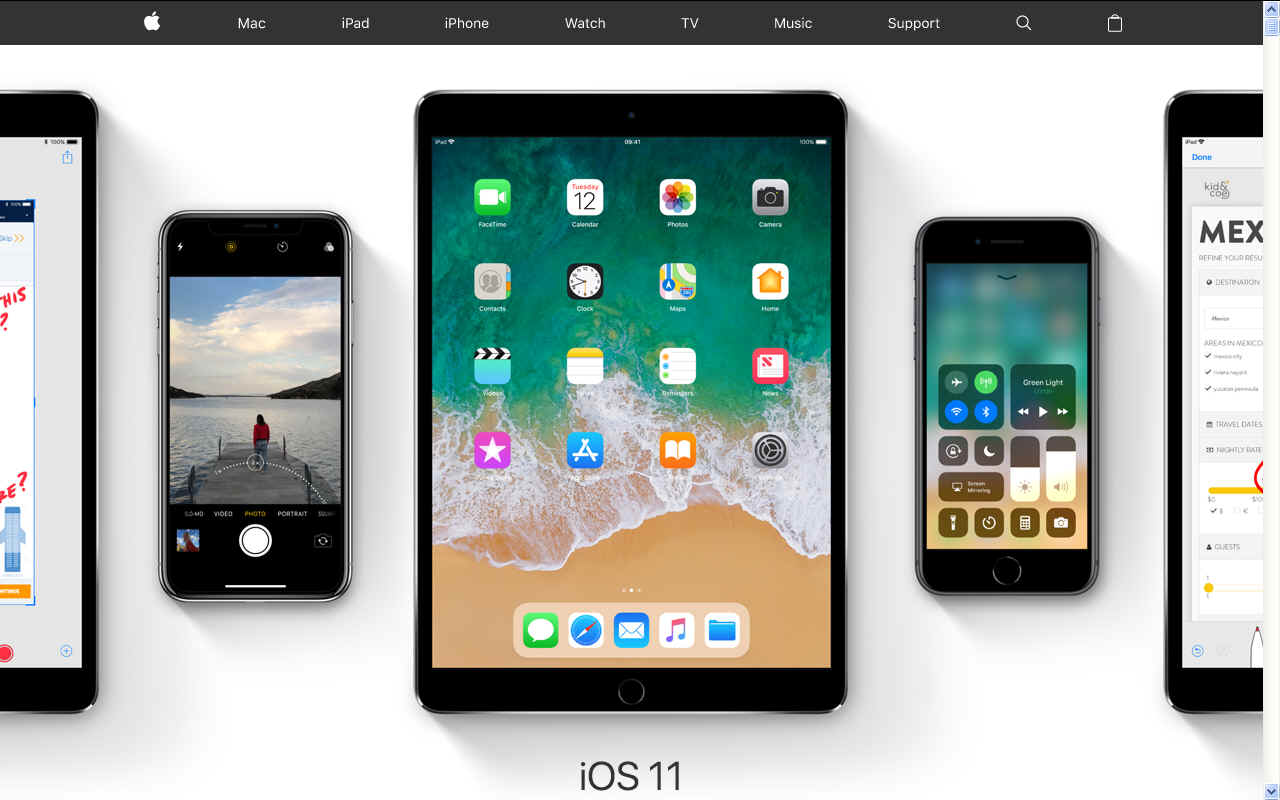
APPLE
iOS - .iOS is a mobile operating system for Apple-manufactured devices. iOS runs on the
iPhone, iPad, iPod Touch and Apple TV. iOS is best known for serving as the underlying software that allows iPhone users to interact with their phones using gestures such as swiping, tapping and pinching. These finger actions are typically performed on multitouch capacitive touch screen displays, which provide fast response and accept inputs from multiple fingers. Although it is not the No. 1 mobile OS globally, iOS dominates the North American market by a large margin, with a 60 percent market share as of May 2010.

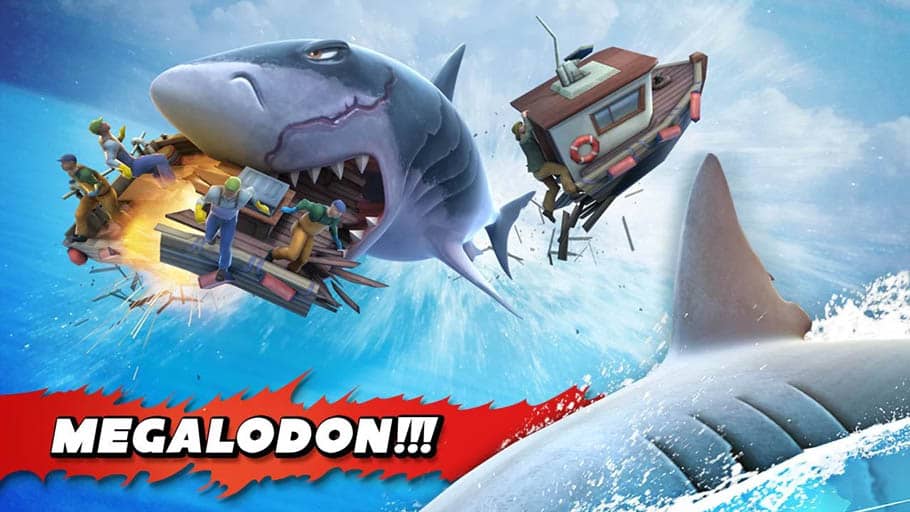
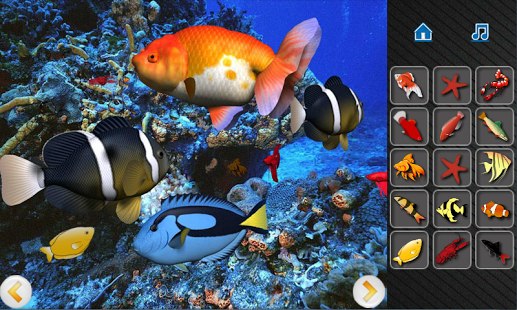
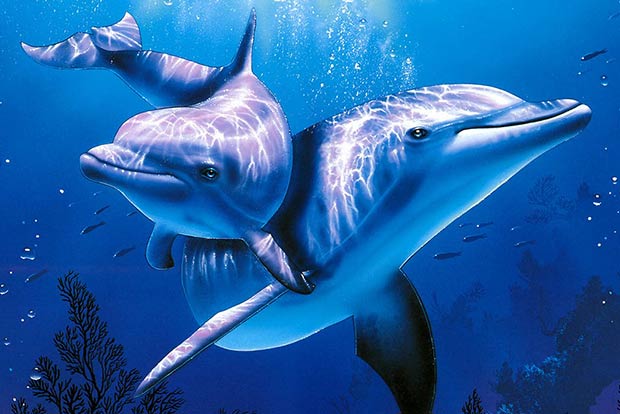
The
world is awash with plastic being dumped into our oceans at
the rate of between 8-12 millions tons a year. If we are
unable to clean up our dirty habits there will be more plastic
in the oceans than fish by 2050. These are real facts and a
huge problem globally where millions of people around the
world rely on fish
for food. Food
insecurity will soon become a reality if not enough is
done about plastic waste, especially single
use plastic that acts as a sponge for toxins - that gets
into our food cycle when fish eat it, and finally we eat the
fish - so that in effect we are poisoning ourselves.
|
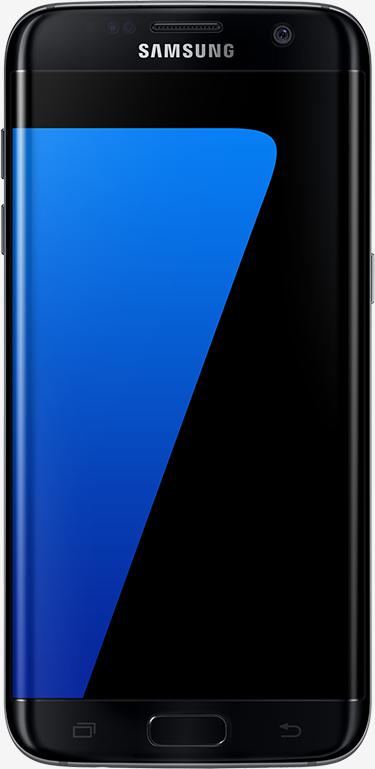
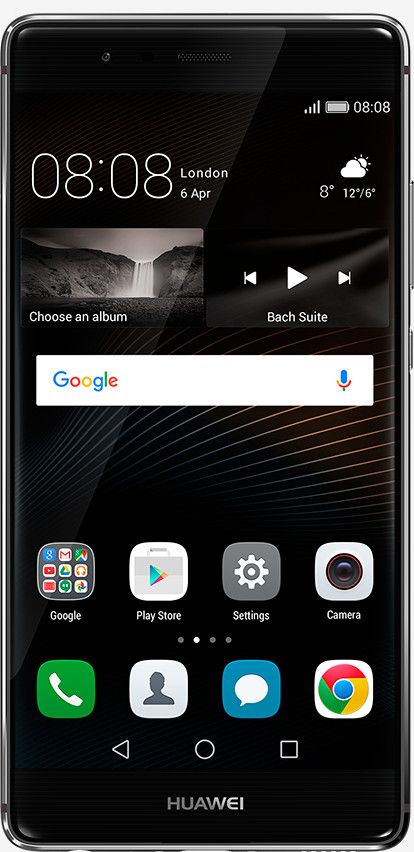
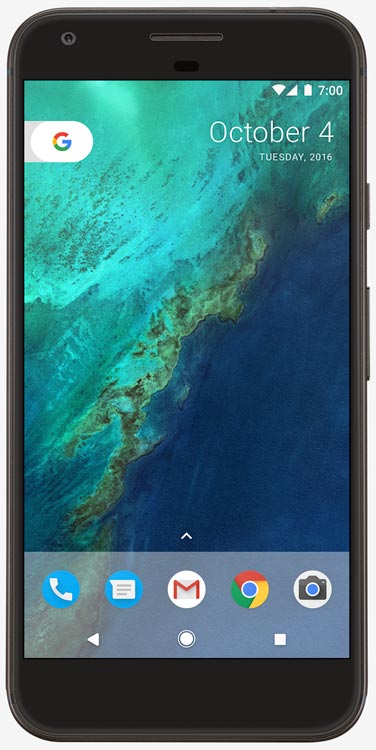
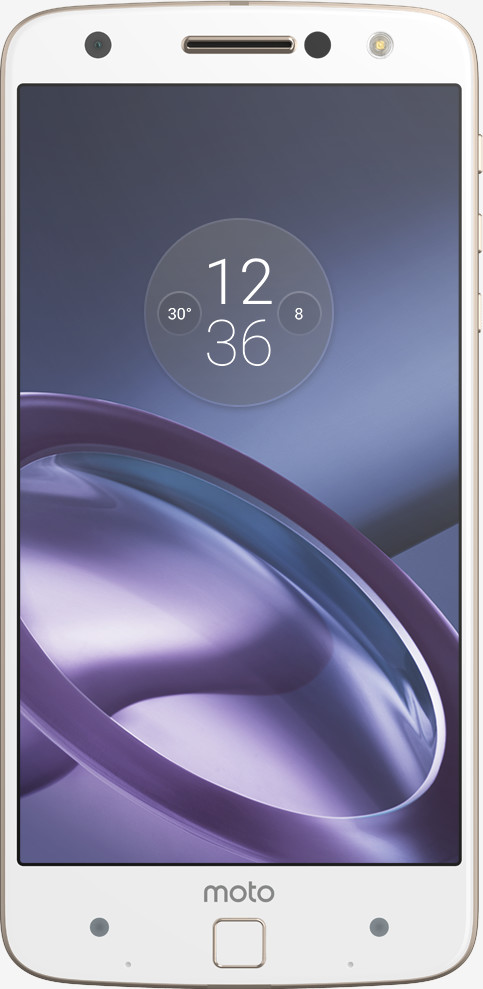
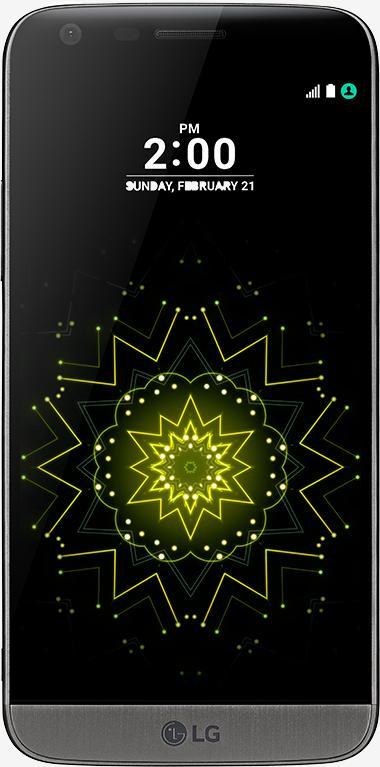
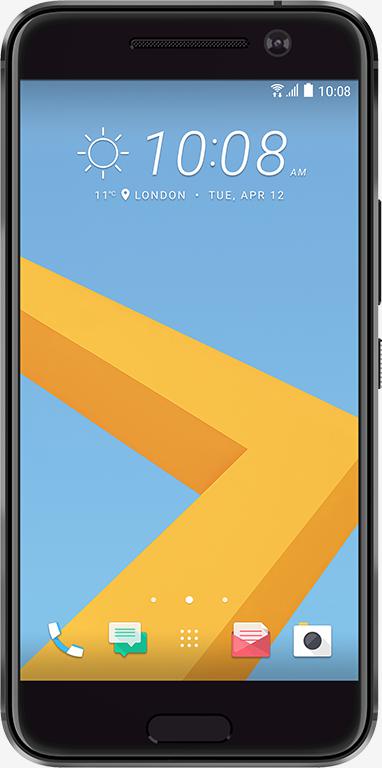
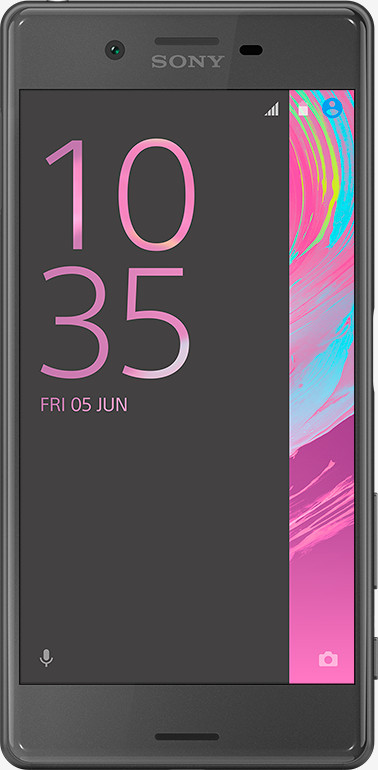
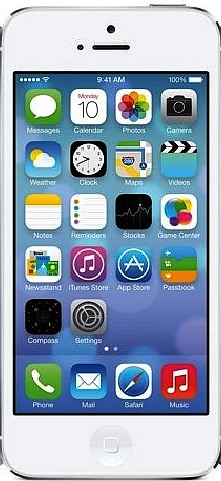
OCEAN
CLEANUP - The 'Ocean Cleanup' feed the world game
is to be available for all of these phones, using
Android or IOS operating systems. Enjoy making the
world's marine life healthier on your: Apple iPhone 8,
HTC 10, Huawei P9, Lenovo Moto Z, LG G5, Pixel Google,
Samsung Galaxy S7 Edge, Sony Xperia X and more.
|
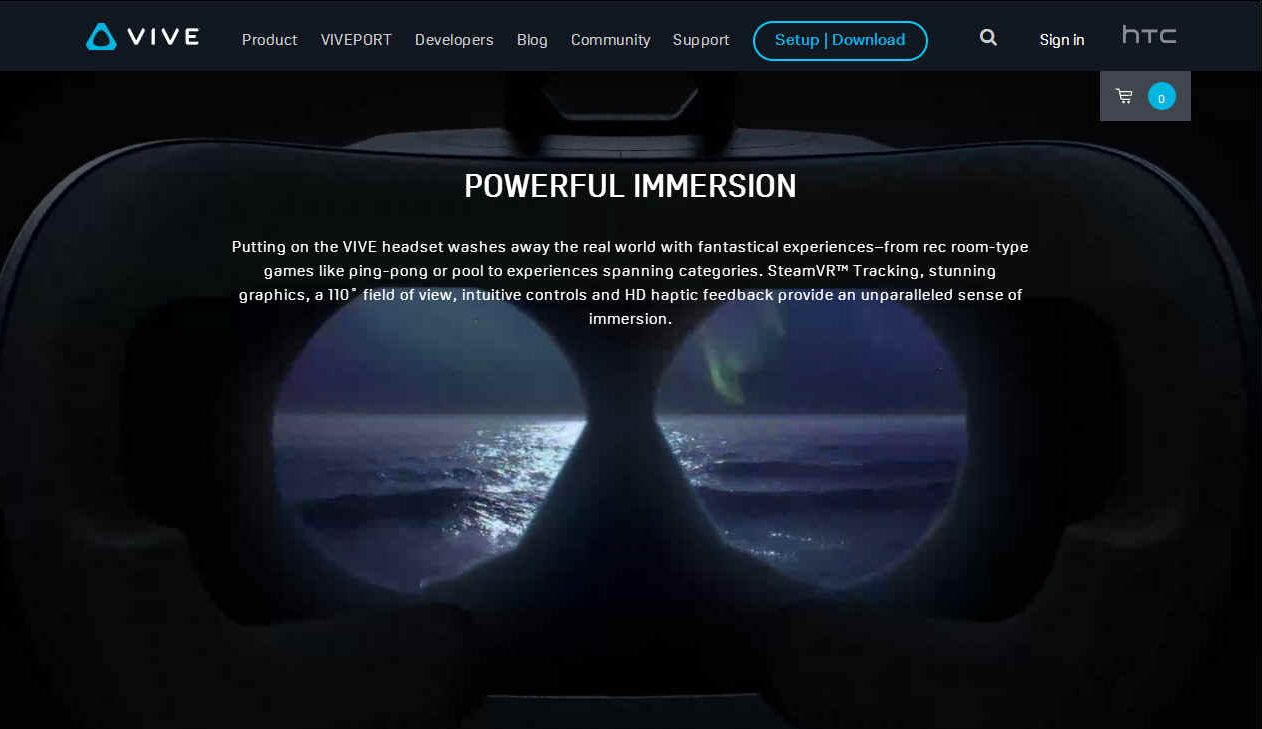
AFFORDABLE -
Game and film making use the same software to produce
backgrounds for their actors to play out their parts. The
advent of headsets and hand controls with high picture quality
and 3D sound means that virtual reality has virtually become a
reality.


LINKS
& REFERENCE
https://www.apple.com/uk/ios/ios-11/
https://en.wikipedia.org/wiki/Android_(operating_system)
https://www.android.com/
https://play.google.com/store/apps
https://unity3d.com/
https://www.unrealengine.com/
https://en.wikipedia.org/wiki/Unity_(game_engine)
https://en.wikipedia.org/wiki/Unreal_Engine
https://en.wikipedia.org/wiki/HTC_Vive
https://www.businessinsider.com.au/htc-vive-virtual-reality-demo-first-impressions-2015-7
https://www.vive.com/uk/
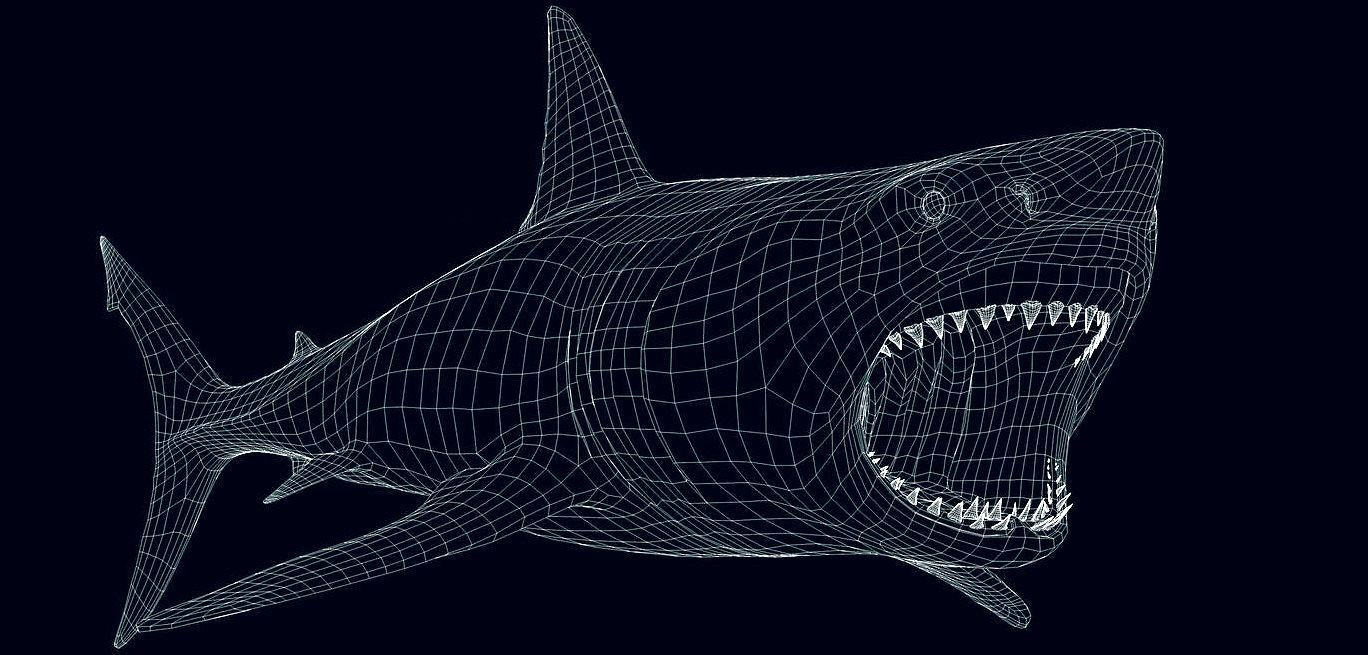
This
website is provided on a free basis as a public information
service. copyright © Cleaner
Oceans Foundation Ltd (COFL) (Company No: 4674774)
2018. Solar
Studios, BN271RF, United Kingdom.
COFL
is a charity without share capital.
|



















